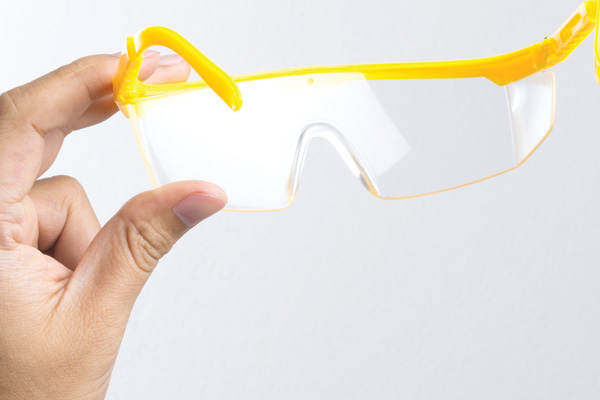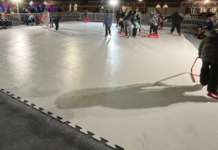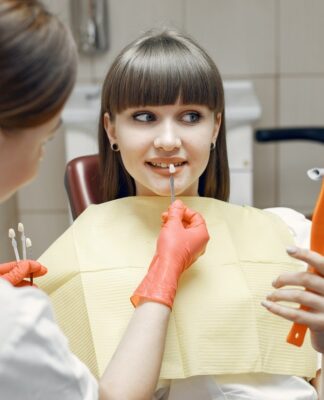It may not seem like it, but you go through many days where you put your eyes at risk—doing some yard work? Yes, that’s one example. Finishing up a woodworking project? That’s another example.
What might seem an exaggeration to you is advice in disguise. There are plenty of activities that you don’t think twice about regarding eye protection. That is why you need to consider prescription safety glasses.
What are they, you ask? That’s simple enough to answer.
Safety glasses are a form of eyewear required to meet a higher standard of durability. As opposed to regular glasses, these glasses are significantly more resistant. They usually fall under two categories: prescription and non-prescription safety eyewear.
The non-prescription variant is meant to be worn for general protection during hazardous tasks. The prescription variant, however, is a marvelous thing. In addition to being sturdier, this particular variant can be fitted with your medically prescribed lenses.
Thus, you get the added benefit of resistant eyewear without losing out on vision clarity.
But why would you opt for it? The answer lies in the number of eye injuries every year. For example, Comcare published a study that reports 50,000 eye injuries in Australia every year. Apparently, 8% of all workplace injuries are in the ocular area.
So, the situations you consider safe might not be that safe. It’s time you revaluate some of the most common situations that require protective eyewear.
Times when your eyes could use some protection
These are just a few examples of when you could benefit from wearing prescription safety glasses.
When you are engaged in a little bit of a fixer-upper
You have probably already been there. After all, there is no end to such situations.
One day, you are putting up a shelf, and the next day you are building a swing for your kids. You need to consider how safe you are in these instances.
For example, putting up a shelf may not seem like a dangerous task. However, all it takes is one tiny splinter to go the wrong way.
There is no reason to risk that possibility. It’s far better for your loved ones to see a nail bounce off your protective glasses than to see you screaming in pain.
When it’s time to hit the golf course again
Who doesn’t love throwing a ball around? People with eye injuries, that’s who.
Sports should be one of the primary activities where protective eyewear is advised. Unfortunately, that’s not the case. Most people don’t choose to wear safety glasses when hitting the golf course or going for a round of tennis.
The reason, they say, is because the chances of a golf ball flying towards their eyes are not high. The real question you need to ask yourself is this: Why would you rely on luck when it comes to being able to see correctly?
When you finally get to that Sunday cleaning
Yes, cleaning your house is something that warrants eye protection. Do you remember all the adults telling you not to play around with bleach as a kid? There is a reason they did that.
When cleaning your home, you come into contact with incredibly potent chemicals. Bleach and ammonia are just a few examples. The general rule to follow is this: the better at cleaning a chemical is, the less you want it around your eyes.
However, there is no guarantee that you won’t accidentally rub your eyes with gloves lathered with bleach. Stray drops of chemical or even dust particles can cause issues, especially if you have sensitive eyes.
Prescription safety glasses would be the surest way to protect against these scenarios.
In summary
This list can go on. However, by now, you get the point.
The things you see as harmless are, in fact, not so harmless. All it takes is one small thing to throw everything into disarray. Why, then, would you give such a tiny thing, such as the likes of a wooden splinter, so much power?















